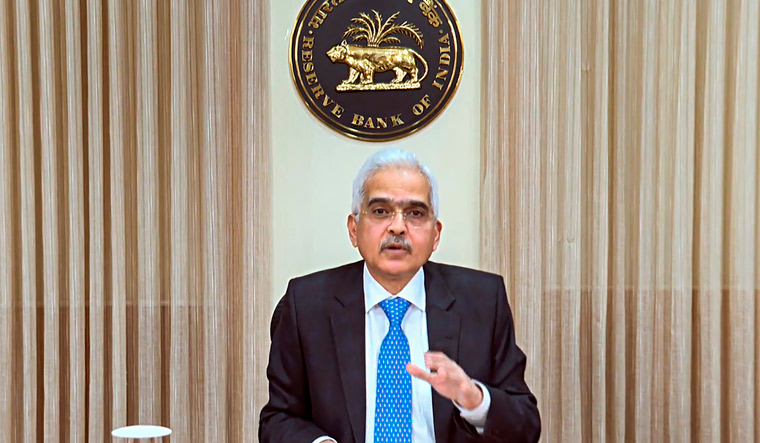India’s central bank governor joins other global financial leaders in voicing concern over the financial risks posed by AI’s growing dominance in the industry.
The Reserve Bank of India (RBI) and other central monetary authorities have raised warning flags regarding artificial intelligence’s potential influence on financial stability.
According to a Reuters story, RBI Governor Shaktikanta Das discussed possible hazards associated with the growing use of AI and machine learning in financial services during a speech at an event in New Delhi on October 14.
AI worries at the Indian Central Bank
Das drew attention to concentration issues resulting from a few dominant technology providers, which might threaten the industry as a whole should AI systems malfunction or cause disruptions.
Das warned of other potential dangers, such as increased cyberattacks, data breaches, and the difficulty of verifying opaque AI-driven algorithms, even as AI helps save costs and provide better customer service.
Das shares the same worries as other international financial firms.
The European Central Bank (ECB) expressed concerns about AI’s potential effects on financial stability in a paper published in July.
While AI does “bring benefits to the table,” according to the ECB, “operational risk, market concentration, and too-big-to-fail externalities may increase” when AI suppliers are overly consolidated and the tools are widely used in the financial industry. It also stated:
“Widespread AI adoption could heighten the potential for herd behaviour, market correlation, deception, manipulation and conflicts of interest.”
Additionally, it warned that the broad use of AI can result in market manipulation, herd mentality, and inflationary pressures.
One of the instances provided is the increased need for energy globally due to the computing power needed to maintain artificial intelligence, which drives energy prices.
AI-driven issues with financial stability
The Canadian Central Bank just published a brief on its worries about artificial intelligence and financial instability on September 20.
According to the paper, using AI might potentially result in concerns with financial stability. Banks and other financial institutions invest in AI to increase customer service, improve compliance and risk management, and better analyze credit and liquidity risk.
It did, however, also highlight the possibility that operational hazards could concentrate on a small number of outside service providers and then spread throughout the whole financial system:
“The predictive ability of AI can deteriorate unexpectedly, suffer from hallucinations or be biased and discriminatory. And AI makes everything move faster, which could amplify severe market runs and herding behavior in times of market volatility.”
To reduce these risks and preserve the long-term stability of the global financial system, central banks and financial regulators worldwide are pushing for cooperation between financial institutions, regulators, and tech companies as AI continues to permeate the financial industry.



